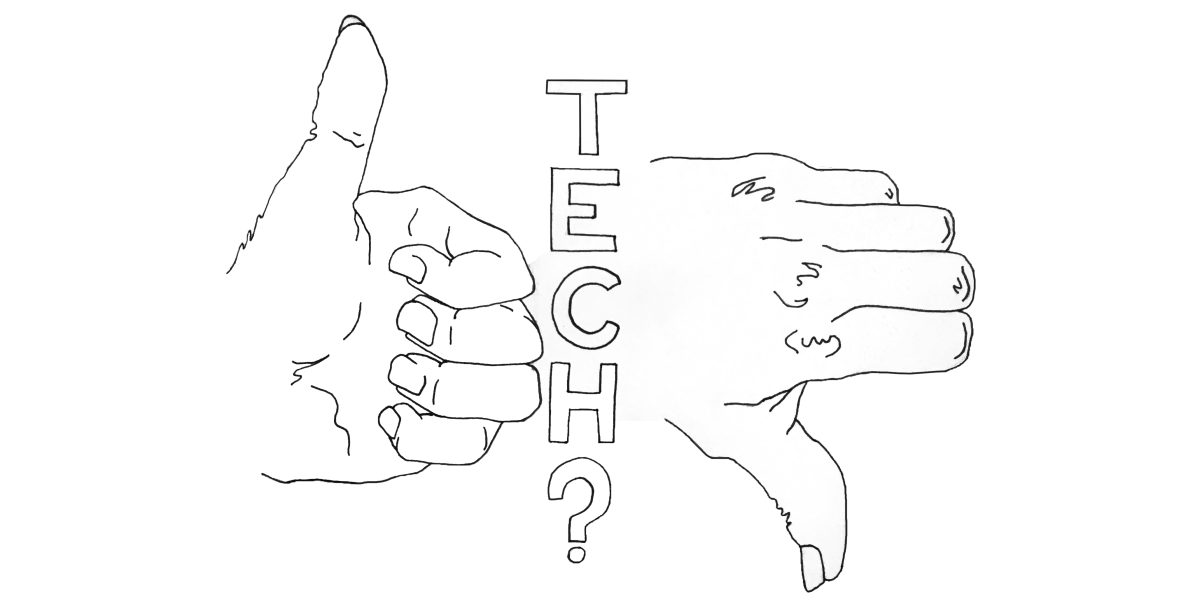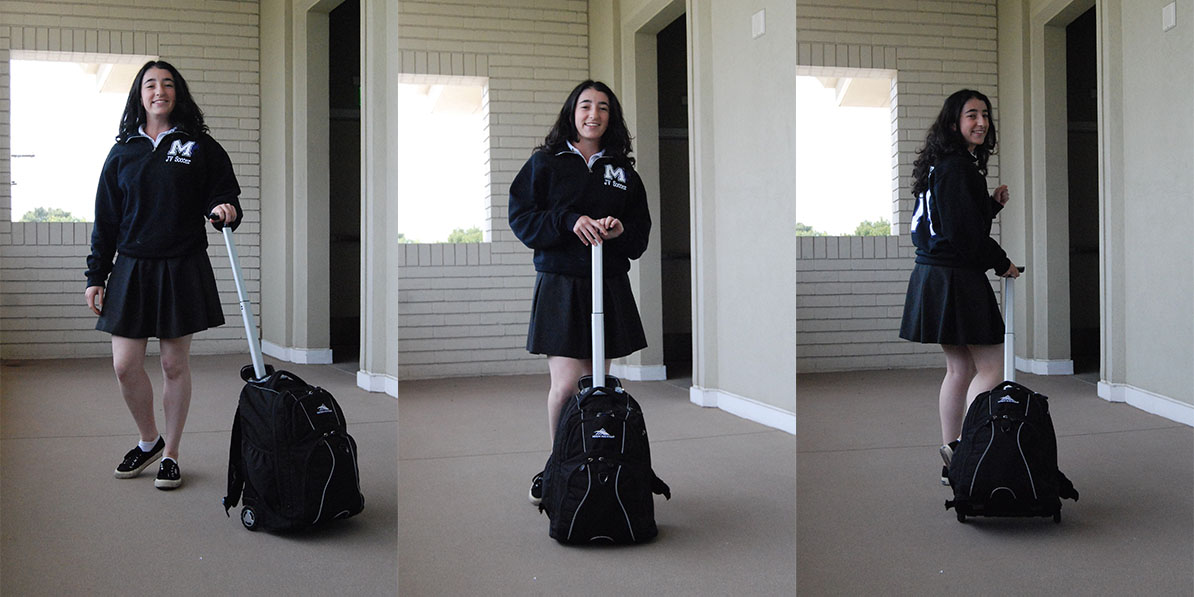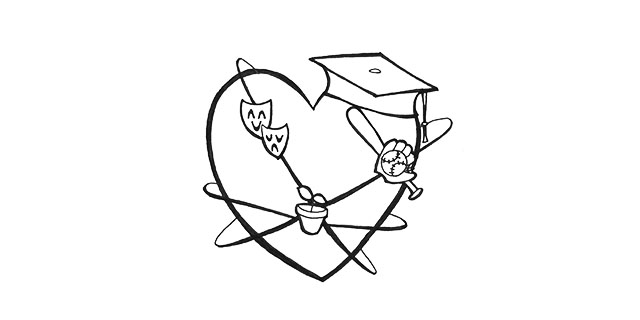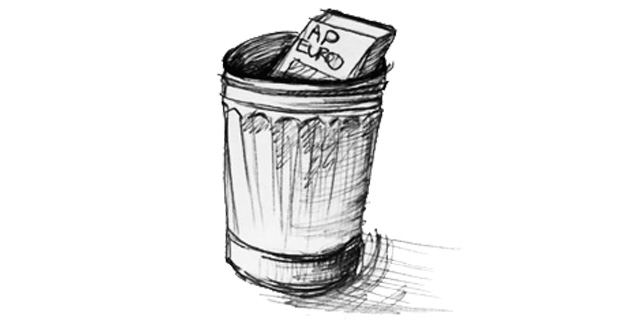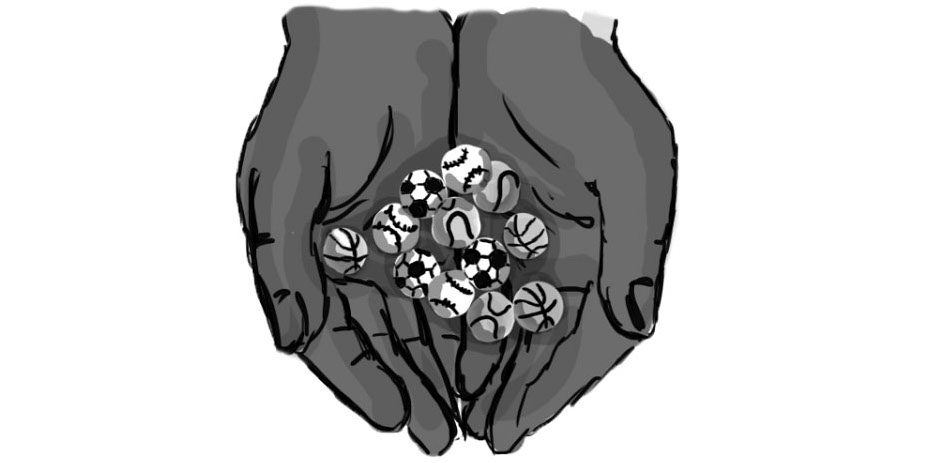
When I first announced that I would be writing an opinion article on why I think that being on a sports team should be mandatory in high school, I immediately heard groans and outbursts of dissent erupt across the newspaper room. While not necessarily surprised, I was disappointed to hear that people really do not realize the benefits of playing a sport, even if it is just for a season or two in high school. As a water polo player, and a student-athlete, who in the past has played basketball, run cross country and ridden horses competitively for the majority of my life, I can definitively say that I would not be the person I am today without athletics.
Yes, I’m sure you have heard the old spiel: sports teams instill a sense of teamwork, camaraderie, confidence, drive to win, et cetera, and yes, I completely appreciate and support how those skills prepare you for the rest of your life, but I also believe that being an athlete changes and develops your perception of your body. At an all-girls school, living in the image-conscious city of Los Angeles, we are likely to put pressure on ourselves to be constantly defined by our bodies. I certainly concern, or used to concern, myself with how my body looked compared to the movie stars and models of Hollywood.
About two years ago, I made a decision to start “living and eating healthy.” At that time, I had just switched from playing basketball to playing water polo and had been diagnosed with a back injury that would prevent me from continuing my equestrian career. The idea of a healthy lifestyle, in my 15-year-old state of mind, meant going to the gym on the days that we didn’t have water polo practice and cutting out white starches, sugars and fried foods. And, of course, the download of the app Calorie Counter, in which I resolved to constrict myself to 1200 calories a day.
You may be shocked to hear that I was eating—or rather subsisting—on so few calories a day while playing one of the most extreme and physically challenging sports in the world. It might be perfectly healthy for one to live on 1200 calories a day if she exercised very rarely, but not for someone exercising to the extent that I was.
Despite this, I stuck to that food regime for quite a long time—probably about a year and a half and finished my full first season of water polo like that. I wanted to be the skinniest, to have the “perfect body,” and I thought this would help me achieve that.
At the end of my sophomore year, we had a team dinner after our last water polo game of the season. I ordered a kale salad and nibbled at the edges while talking and laughing with my teammates, who were devouring pasta and bread. I wasn’t that
hungry, I remember telling myself.
I went to sleep over at a friend’s house and the next morning, I awoke and couldn’t get up because I was so weak. Dizzy and scared, I tried to stumble into the bathroom, but I couldn’t see because my vision was blacking out, and I was seeing stars. I was too weak to stand up; I had to lie in bed while my friend’s mom fed me tea with honey. After I ate some pancakes, mind you, I wasn’t too happy about eating pancakes but was too weak to resist, my blood sugar returned to normal and I could walk around regularly.
That day scared me. I had eaten far too little after playing an entire, strenuous game of water polo, and it had actually affected my health. It wasn’t immediately after that day that I started to change my diet to better fit an athlete; It took some months of me starting to play even more physically demanding club water polo, but I finally stopped caring about the number of calories I ate in a day.
I started focusing on what would make me strong as an athlete; how I could be the best in the water. I realized I didn’t want to be the only water polo player with a “thigh gap” or the player in the pool with arms so skinny that a defender could wrap her whole hand around them. I had cared so much about that before, and prided myself on that, but it took the experience of being so physically weak for me to understand that being strong is so much more valuable.
I go to the gym now to push myself on weights. I don’t care that I’m going to have big biceps nor that I have uneven abs from having a stronger right shooting arm. I now eat in regards to how I will perform in the pool. I eat more calories so I can work out more and be even stronger.
Water polo has taught me that to be fit and strong is so much more fulfilling than being weak and frail. I view my body now as a vehicle for better performance in the pool, not as a vehicle of societal perfection and desires. I care more about having strong thighs to kick another girl in the pool rather than how many centimeters my thigh gap needs to be.
So, you ask, why do I think that it is necessary for a girl to play a sport? Because being an athlete changes your perception of your body. You care more about being strong as a player, being strong for your team, being strong so you can win. It teaches girls in our society to place body importance on something other than how you look in a bikini. Yeah, I know that my muscles fill out clothes differently, but I now appreciate it, because I’d rather have those strong muscles so that I can succeed in sports.

